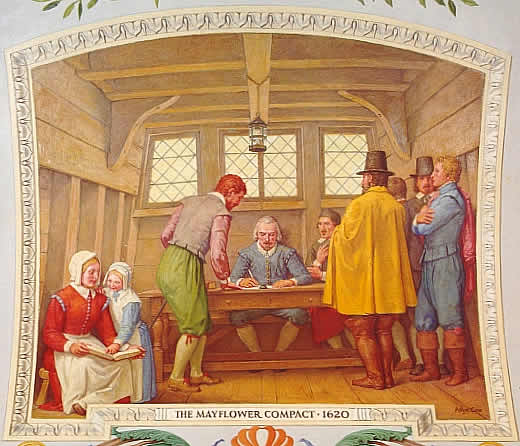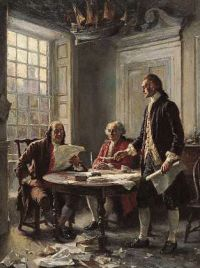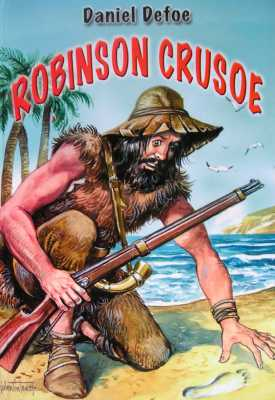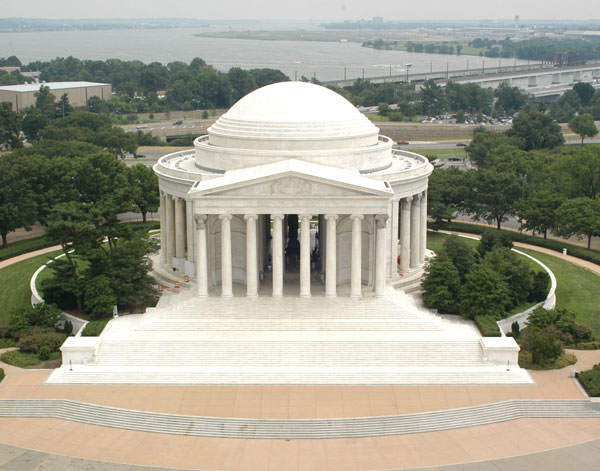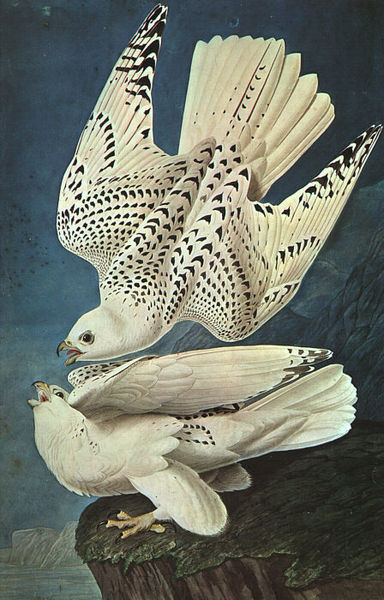|
|
Homepage / Syllabus
|
|
|
Meeting Days 7-9:50pm Bayou 2235 Instructor: Craig White Office: Bayou 2529-8 Office Hours: 4-7 Tuesdays & by appointment Phone: 281 283 3380 Email: whitec@uhcl.edu |
midterm & research plan
(20-30%)
2
research posts
(30-40%)
final exam
(25-35%) |
Attendance policy: You are expected to attend every scheduled class meeting but are permitted one free cut without comment or penalty. More than one absence jeopardizes your status in the course. If you continue to cut or miss, drop the course. Even with medical or other emergency excuses, high numbers of absences or partial absences will result in a lower or failing course grade.
Introductory class
e e cummings, "Who's most afraid of death . . . ?"
William Carlos Williams, "This is just to say . . . "
Whitman, "A Noiseless, Patient Spider"
Levine, "He Would Never . . . "
Terrance Hayes, "The Blue Terrance"
Hughes, "Harlem" and "Dream Variation"
Hughes, "The Negro Speaks of Rivers"
Claude McKay, "If We Must Die"
Jimmy Santiago Baca, "Green Chile"
Gary Soto, "Mexicans Begin Jogging"
Edgar Allan Poe, "Descent into the Maelstrom"
Whitman, "A Noiseless, Patient Spider"
Shelley, Hymn to Intellectual Beauty
2 streams of Western Civilization
classic, popular, and representative literature
Stephen King National Medal of Arts
Reading & Presentation Schedule, spring 20xx
(fall 2012 syllabus) (fall 2010 syllabus ) (2002 syllabus)
No Required Textbooks--all texts online
![]()
Texts:
John Bunyan, The Pilgrim's Progress (1678)
Daniel Defoe, Adventures of Robinson Crusoe (1719)
Selections by Enlightenment writers incl. Locke, Hume, Smith, Swift, Franklin, Jefferson
U.S. Constitution
Edmund Burke, Reflections on the Revolution in France (1790; selections)
Thomas Paine, Rights of Man (1791-2; selections)
Percy Shelley, Prometheus Unbound (1819)
Jonathan Edwards, Sinners in the Hands of an Angry God; Personal Narrative; Note on Sarah Pierpont; "Of the Rainbow" & "Of Insects"
Benjamin Franklin, Remarks on the Savages of America; from the Autobiography, proverbs / aphorisms
John Winthrop (1587-1649), A Model of Christian Charity (Boston Puritans; excerpts)
Thomas Paine, from The Age of Reason,
Phillis Wheatley, "On Imagination"
Sermon Selections of George Whitefield
The Great Awakening & The Second Great Awakening
John Adams, letter on southern preaching
Crevecoeur, Letters from an American Farmer (1782)
Reformation & Counter-Reformation; Religion as War & Exaltation
Neo-Classical Style of Architecture
Seventeenth Century (1600s); Baroque; Enlightenment, Deism (Franklin Autobio 19, 32), The Greak Awakening; irony
Reformation & Counter-Reformation; Religion as War & Exaltation
Web review: Baroque music Web Reviewer:
Jupiter Hammon, "An Evening Thought: Salvation by Christ, with Penitential Cries"
Adam Smith, from The Wealth of Nations (1776)
David Hume, "On Miracles" (1748)
The Declaration of Independence (and its echoes) + Texas Declaration of Independence
U.S. Constitution, Articles of Confederation,
Romantic Era (late 1700s-early 1800s)
|
|
|
![]()
The
Enlightenment or Age of Reason
&
the
Scientific Revolution
(late
1600s-late 1700s)
Transition from the 1600s to 1700s, from Religion / Revelation to Enlightenment / Reason
|
Jefferson Memorial, Washington D.C. |
John James Audubon (1785-1851) |
^examples of Neo-Classical or Enlightenment art^
Tracy K. Smith, "Don't you Wonder, Sometimes?"
Terrance Hayes, "The Blue Terrance"
Terrance Hayes, "Derrick Poem (The Lost World)"
Claude McKay, Two Poems from Harlem Shadows
